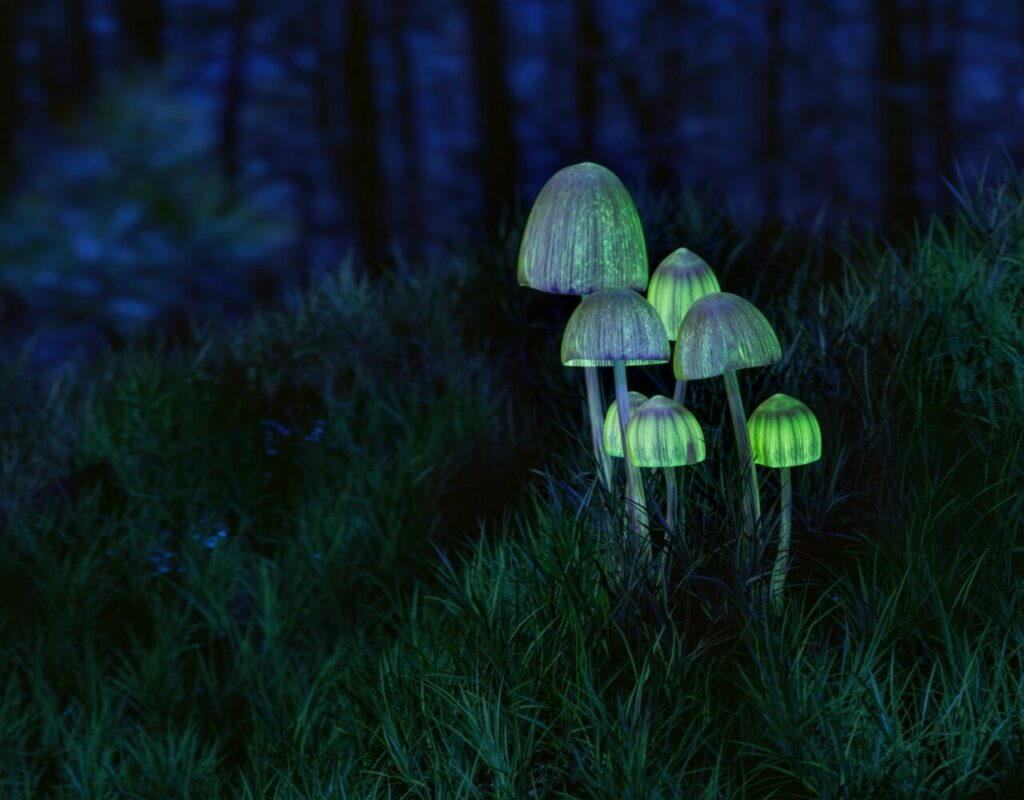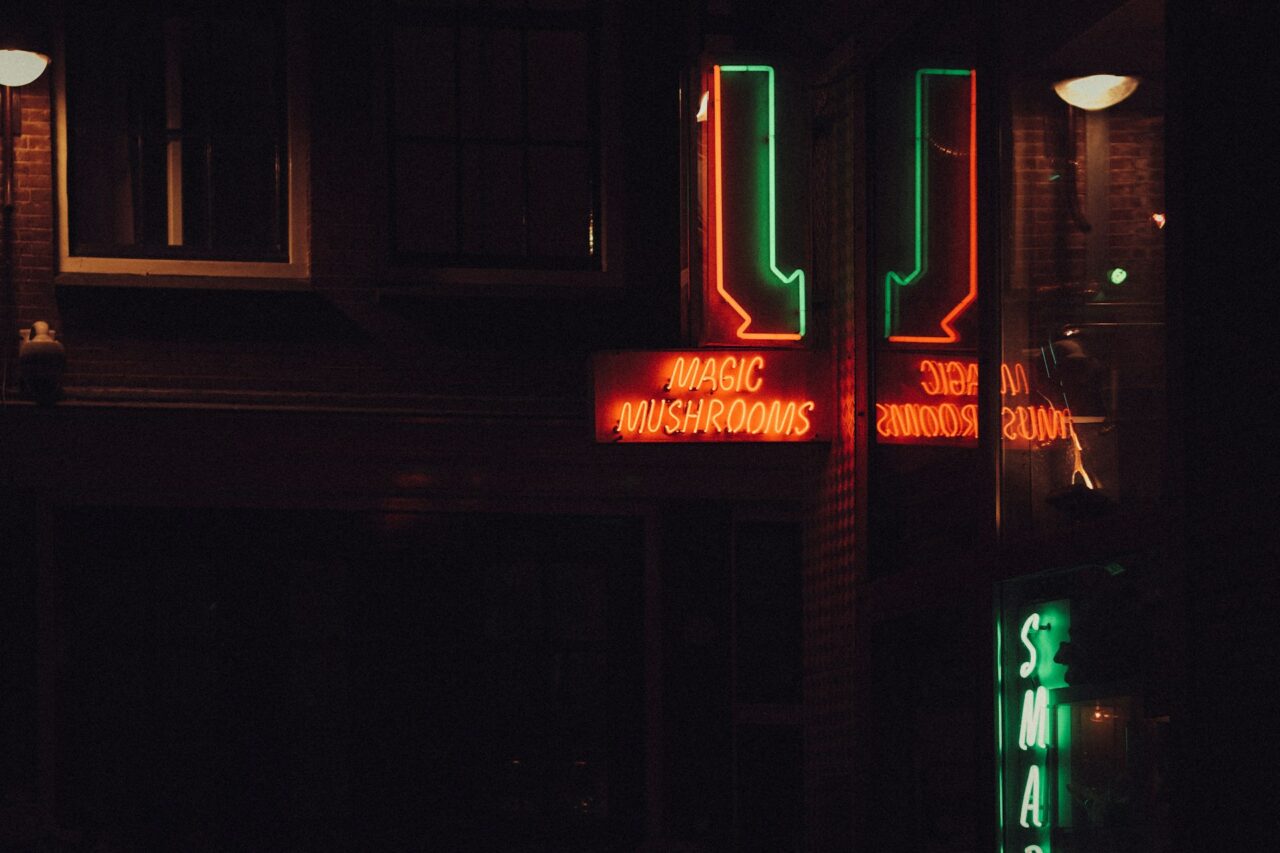The battle between the U.S. and Canadian dollars is a constant in the global exchange market. This similar competitive spirit is also seen in the magic mushroom industry. The growth of online mushroom dispensaries in Vancouver and other cities is rapidly increasing. However, can they keep up with the fast-paced progression of America’s psychedelic industry? Let’s delve into this.
[toc]
Highlights:
- Oregon became the first state to legalize the therapeutic use of magic mushrooms, administered by licensed practitioners.
- In 2020, Canada’s Health Minister allowed four terminally ill cancer patients to use magic mushrooms for palliative care.
- Clairvoyant is a 24-week Phase 2 trial conducted at the University of British Columbia, studying psilocybin-assisted therapy for adults with alcohol abuse disorder.
The Rapid Growth of the Magic Mushroom Industry in the United States.
The magic mushroom industry in the U.S. has rapidly grown, positioning it as a strong rival to cannabis. This swift growth signifies a growing societal acceptance of its potential therapeutic benefits.
A Focus on Mental Health
The potential of magic mushrooms to alleviate symptoms of mental health disorders, like depression, anxiety, and PTSD, has captured the attention of health professionals. Encouraging results from studies have prompted private pharmaceutical companies to explore its medicinal uses.
This trend has not only sparked interest in its healthcare potential but has also given a significant boost to the economy. Startups and research projects are now focusing on the development of psilocybin.
The clinical evidence supporting the use of magic mushrooms in treating specific illnesses continues to grow. NIDA Director Nora Volkow has pointed out the increasing evidence that psychedelics have a “significant potential” for medical treatments.
Legal Milestones
- Oregon Measure 109: Oregon set a milestone in 2020 by being the first state to legalize psilocybin for therapeutic use, under supervision of licensed practitioners. licensed professionals to dispense regulated dosages. This monumental decision has set an example for other states to emulate.
- Many individuals are exploring non-traditional alternatives to conventional treatments, and psilocybin presents a viable option. Mushroom dispensaries are capitalizing on this demand by providing easier access to the substance.
- A significant number of dispensaries prioritize harm reduction and education. They provide resources and details about responsible use and potential effects, helping individuals gain a better understanding of the substance and make informed decisions.
- Dispensaries offer more than just mushroom distribution; they also provide therapeutic support services such as guided sessions, integration circles, and partnerships with mental health professionals.
- Job creation in retail, customer service, and administration is possible.
- Opportunities in cultivation, packaging, and distribution could expand.
- The city could establish itself as a preferred destination for those seeking psychedelic experiences or therapeutic sessions.
- There could be an increase in local and provincial tax revenues.
- Some city organizations are setting up “compassion clubs” that offer safe and controlled environments for substance use.
- Local communities are actively pushing for the decriminalization of the substance, while considering various pilot studies and possible therapeutic uses.
Despite slow acceptance of this substance in Canada, certain cities are becoming hotspots for innovative mental health treatments.
Establishing a Foundation for Mental Health Care in Vancouver
The city is efficiently addressing medical needs. Stores are responding to The public’s view of psychedelics has seen a considerable shift, especially concerning their potential applications in medicine.
Ongoing Research Project
The Clairvoyant project, a 24-week, multicenter, randomized, double-blind, placebo-controlled, parallel-group, phase 2 clinical trial, is currently underway at the University of British Columbia. This international research project is focused on studying the effectiveness and safety of psilocybin-enhanced psychotherapy for adults dealing with Alcohol Use Disorder.
Implications for Vancouver’s Socio-Economic Landscape
While the therapeutic potential of psychoactive substances for mental health is often the center of attention, their economic potential is also substantial. The rise of cannabis dispensaries on streets like West Broadway and Granville has attracted a wave of foreign investments. The increased acceptance and growth of controlled substances could invite more investors and create job opportunities.
Economic Growth
As the city progresses towards more liberal policies on psilocybin, dispensaries could significantly contribute to economic expansion in multiple ways.
Advancing Social Awareness and Initiatives
Vancouver’s Magic Mushroom Dispensaries: A Well-Informed Psilocybin Community
Every action, no matter how small, is significant. The city’s approach prioritizes mental health and the wellness of the community over swift commercialization. Acceptance has been a slow process, but the progress made is notable compared to previous years. It is projected that more dispensaries will follow Buy Shrooms Canada’s lead in offering easy and secure online mushroom access to all Canadians.
Frequently Asked Questions:
Are there any restrictions on the types of mushrooms for therapeutic use in Vancouver dispensaries?
No, there are no limitations on the types of mushrooms used for medicinal purposes. Every strain available on the market is for therapeutic use. For an informed decision, it is advisable to read online blogs about the most appropriate strain for your needs, especially if it’s for medicinal purposes.
Does the Vancouver Police Department monitor psilocybin use?
City hall and the Vancouver Police Department understand that psilocybin is primarily used for medicinal purposes. They admit that their focus is on serious offenses, with the goal of arresting violent and organized criminals who traffic dangerous opioids and contribute to the ongoing public health crisis of illicit drug deaths.
Are Canada and the US the only nations that allow psilocybin use?
As of 2024, some psychedelics have been legalized or decriminalized in various regions worldwide, including parts of Central Africa, South Africa, Australia, the Bahamas, Brazil, the British Virgin Islands, the Czech Republic, Costa Rica, Israel, Jamaica, Mexico, Nepal, the Netherlands, Panama, Peru, Portugal, Samoa, Spain, and Switzerland.





